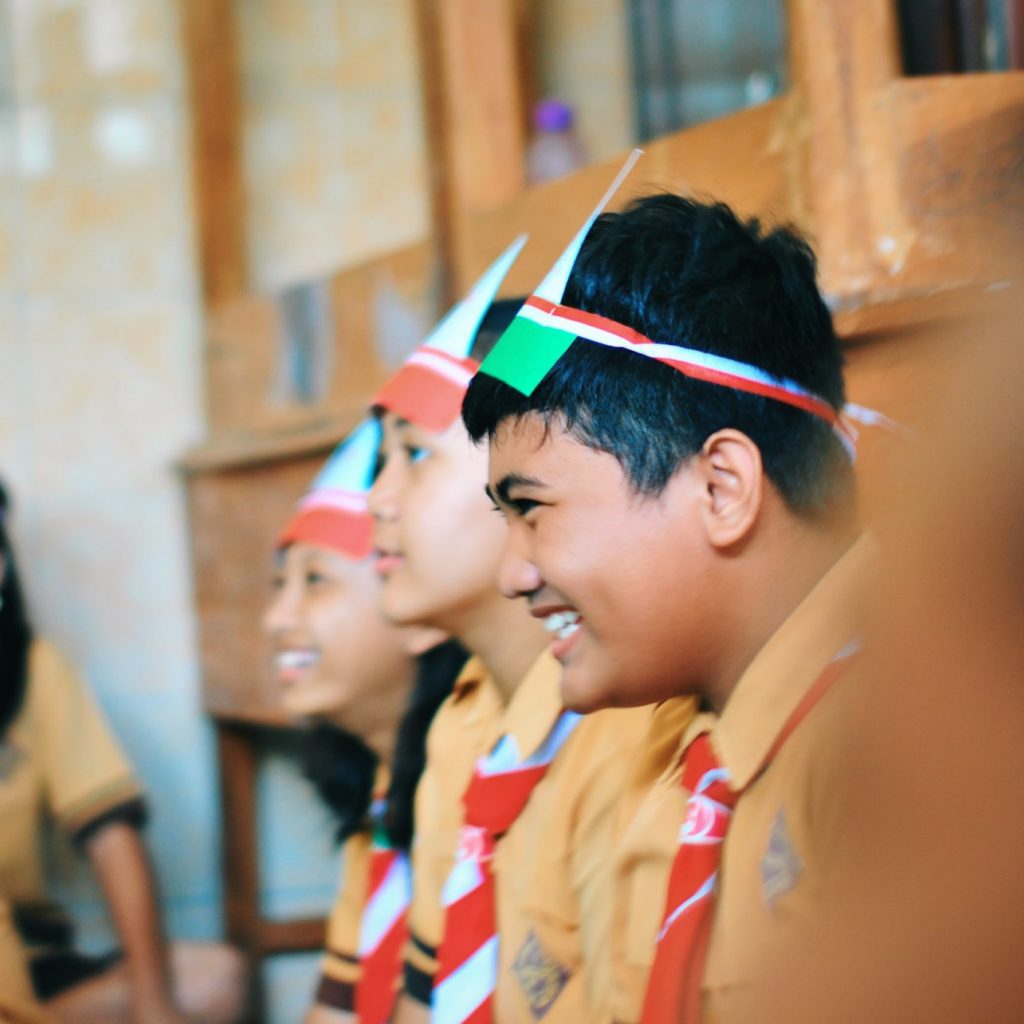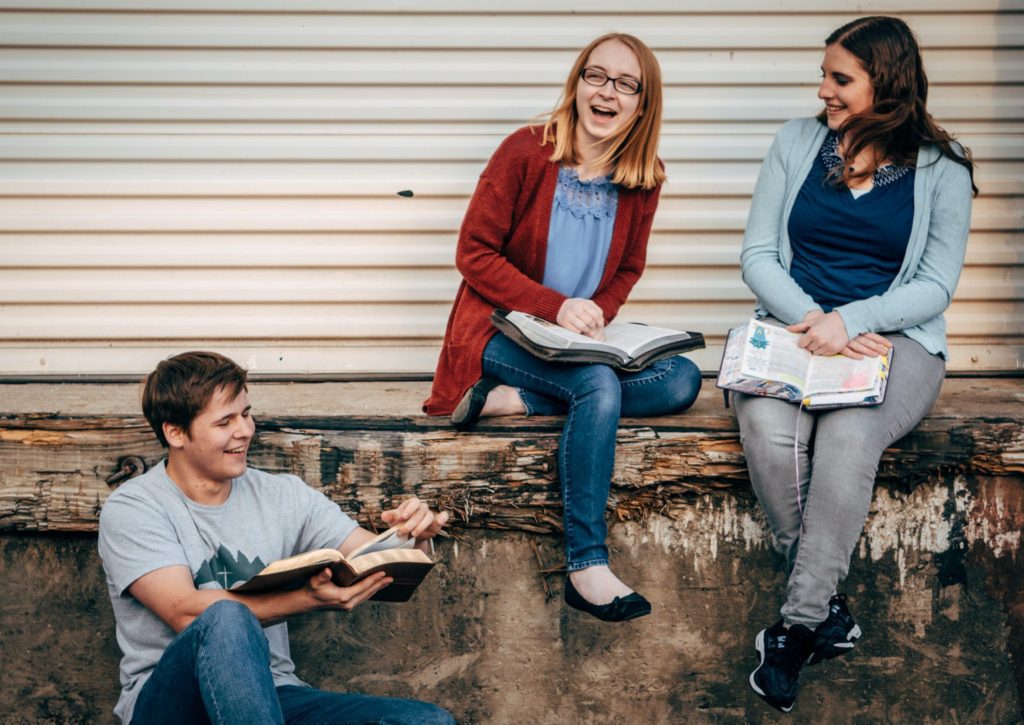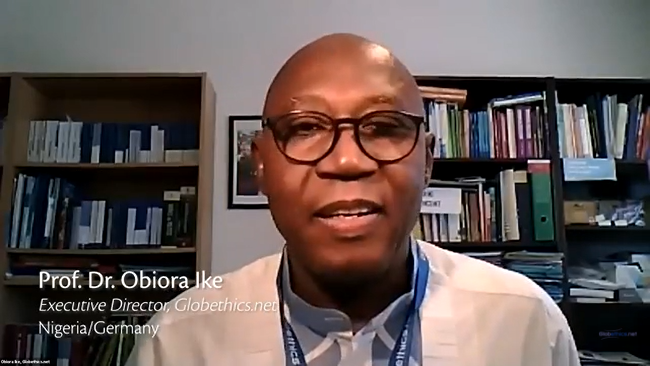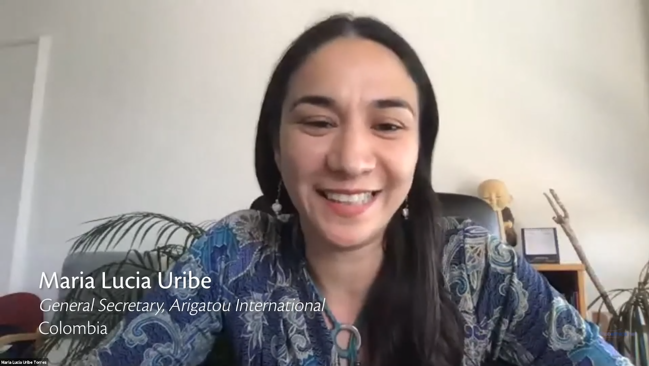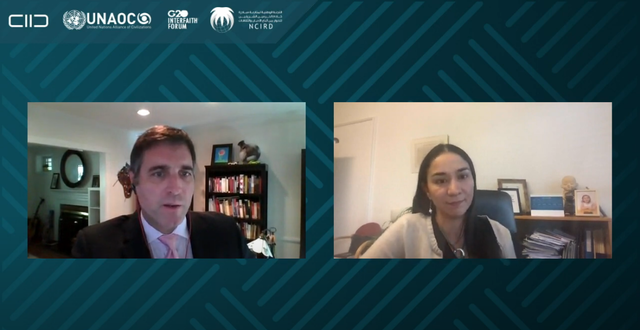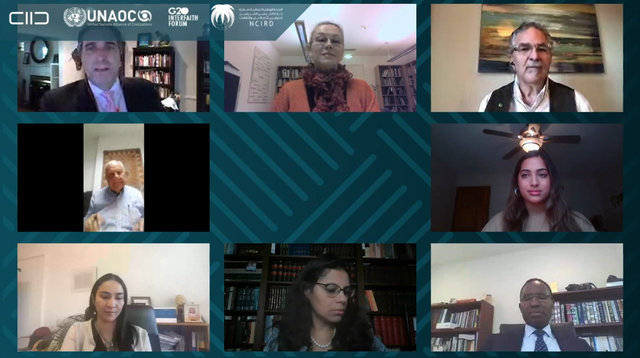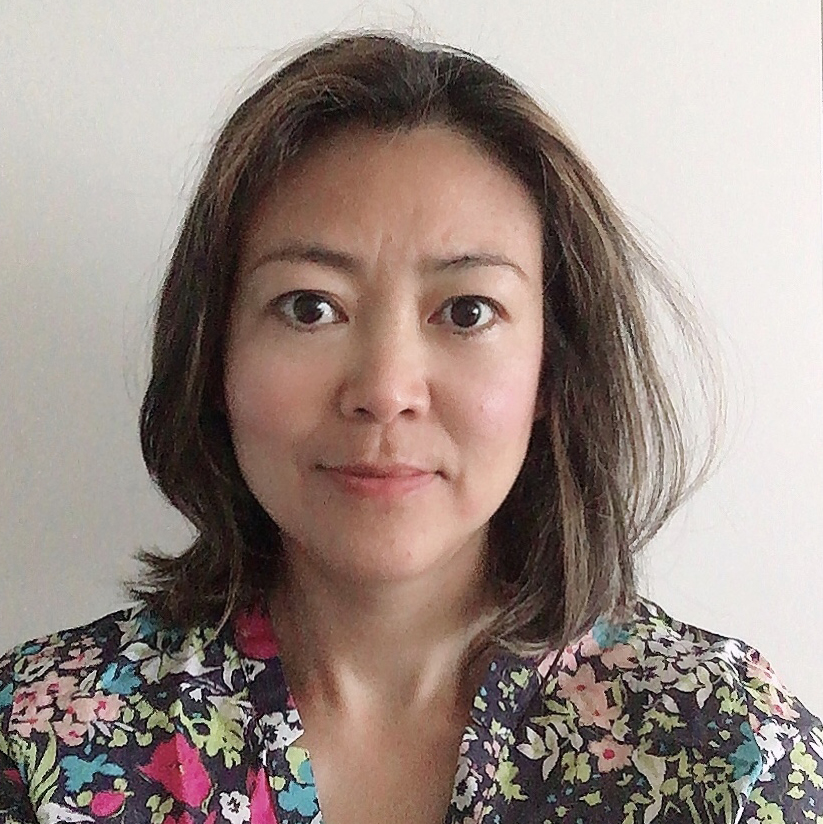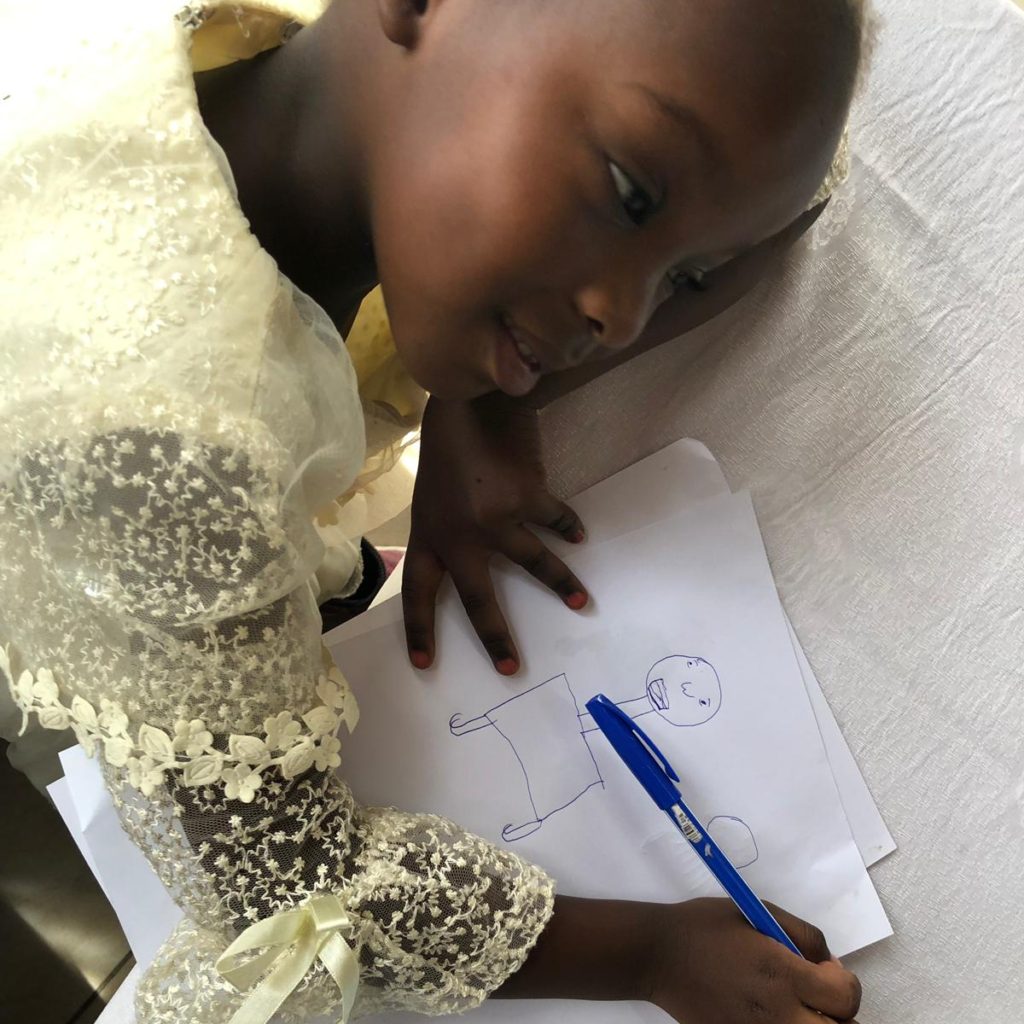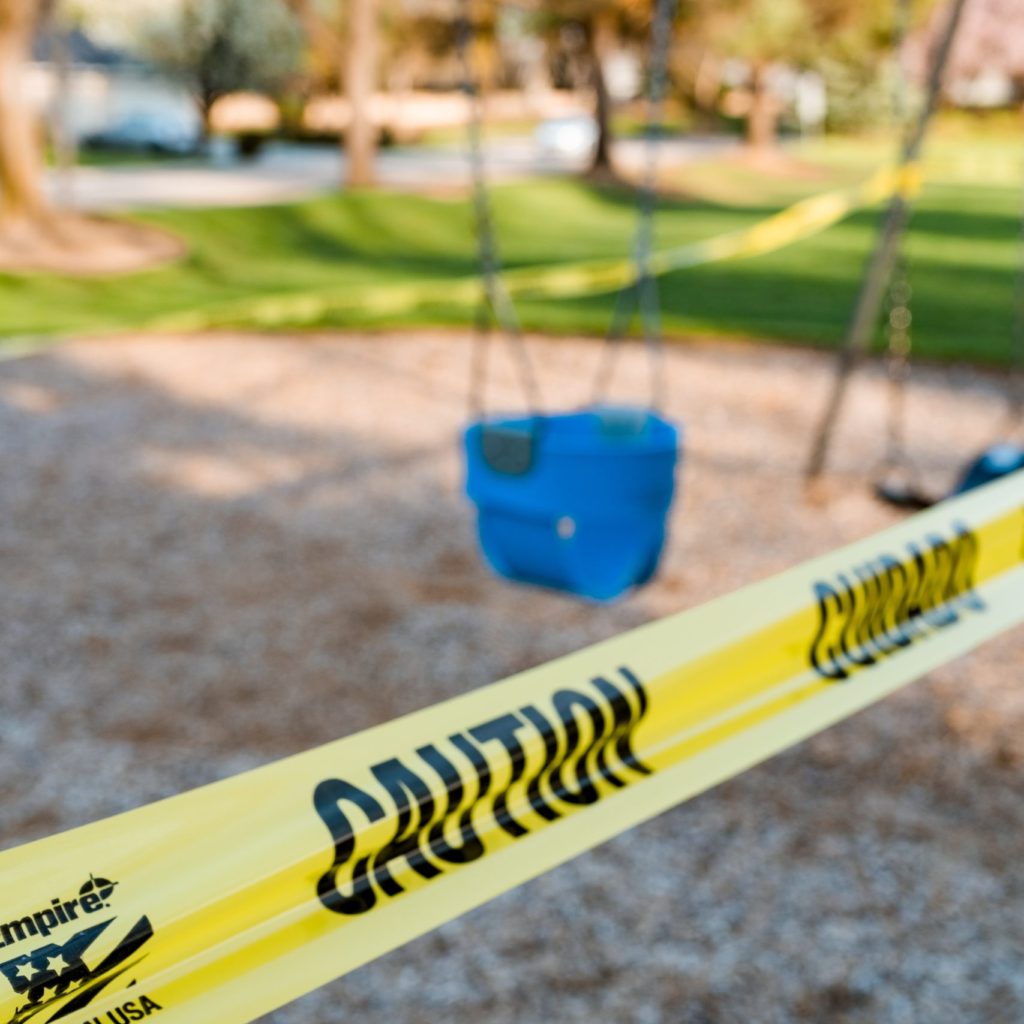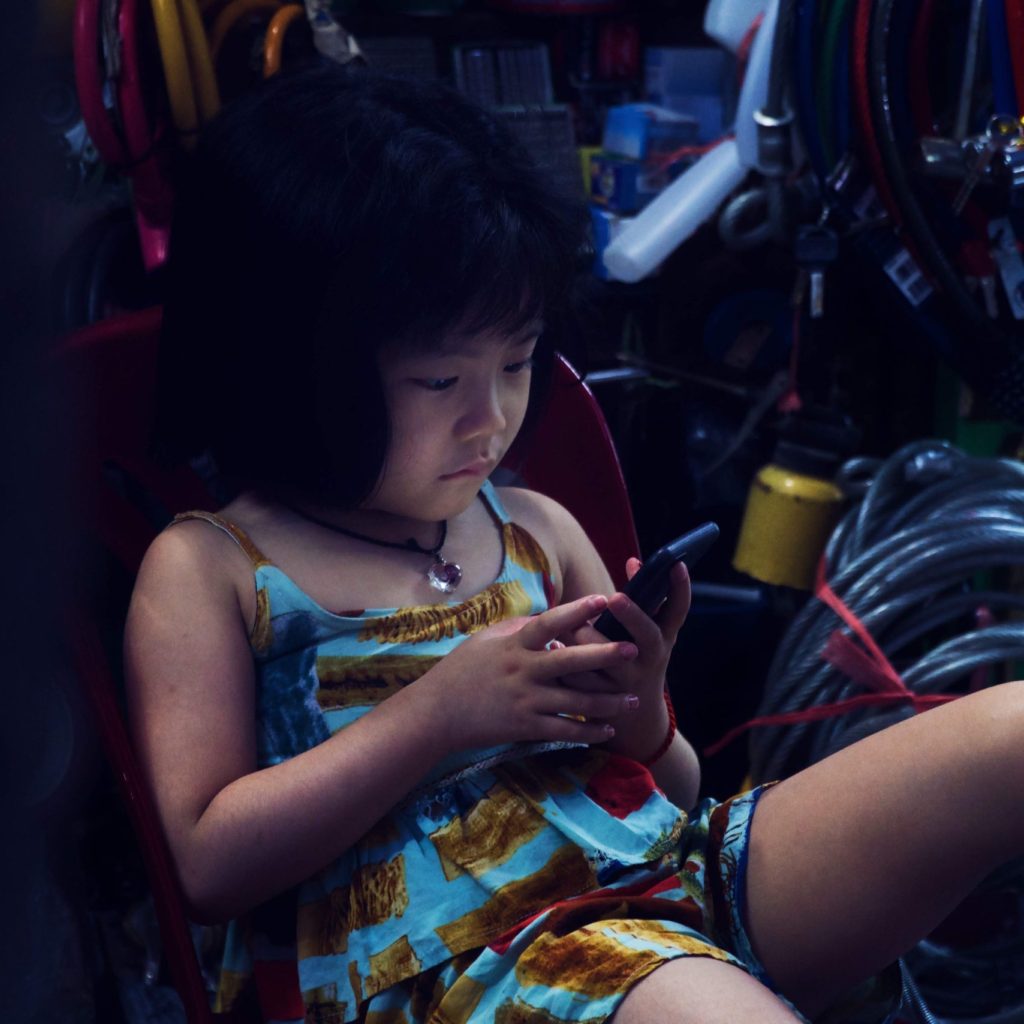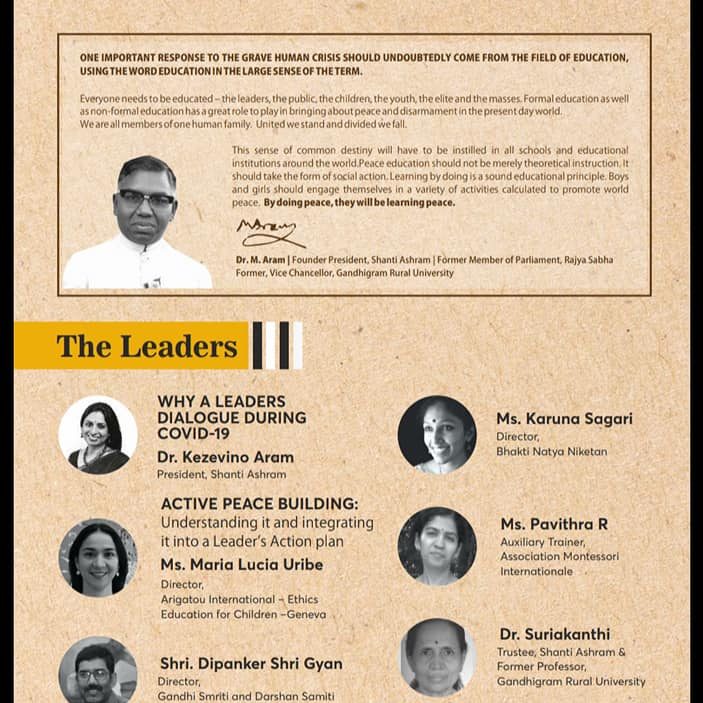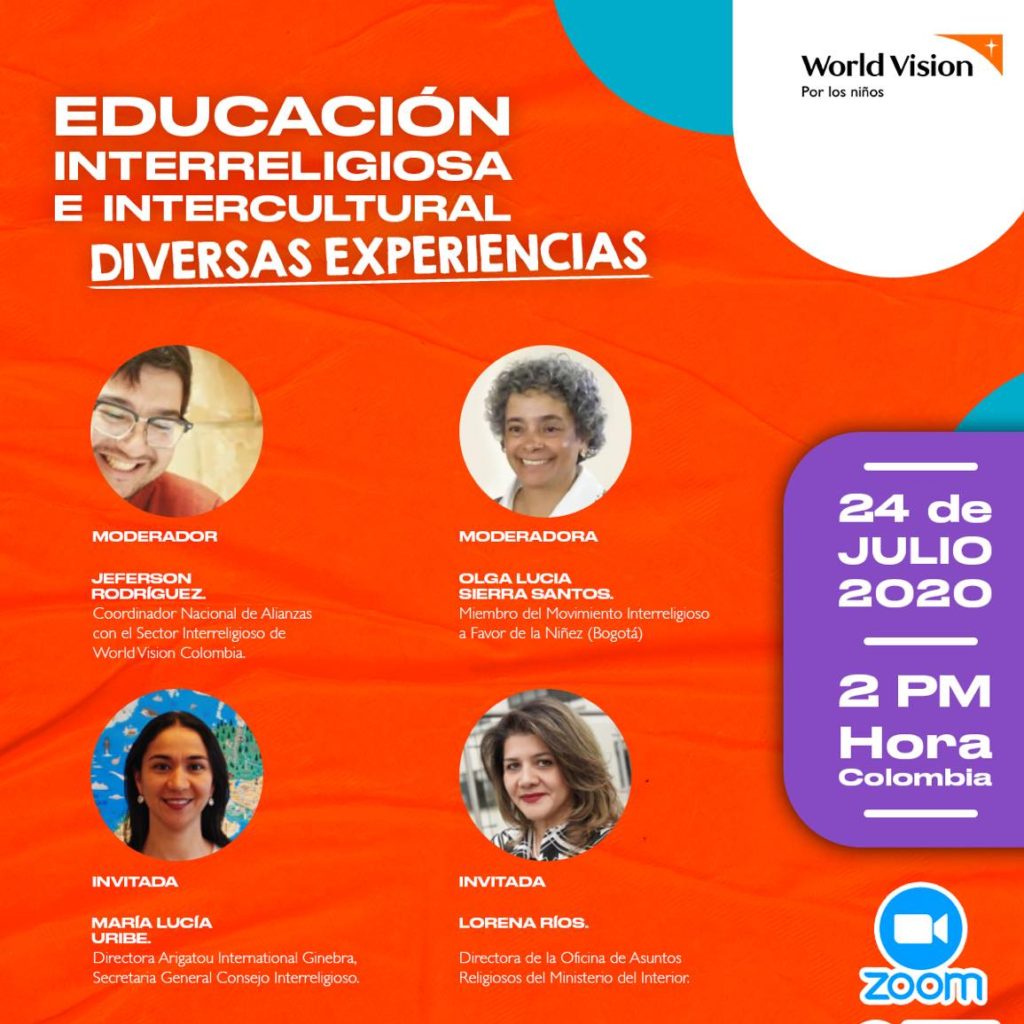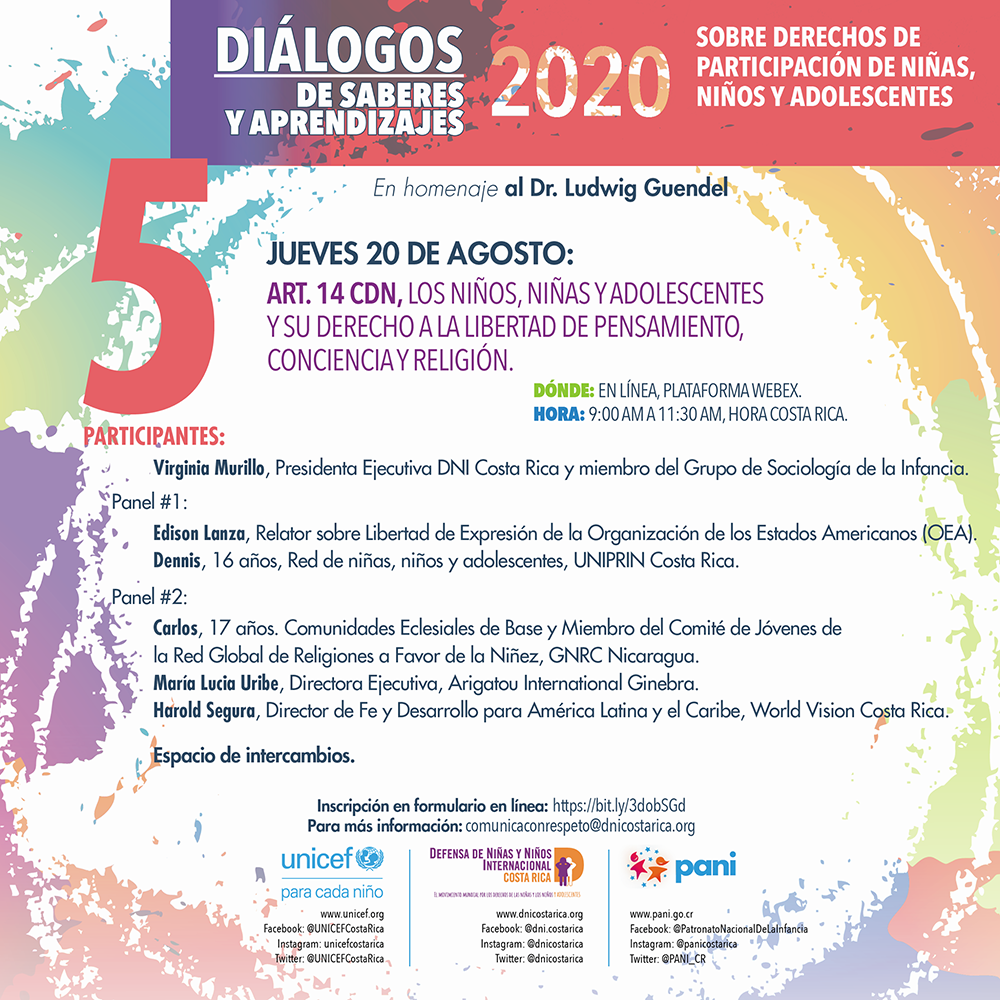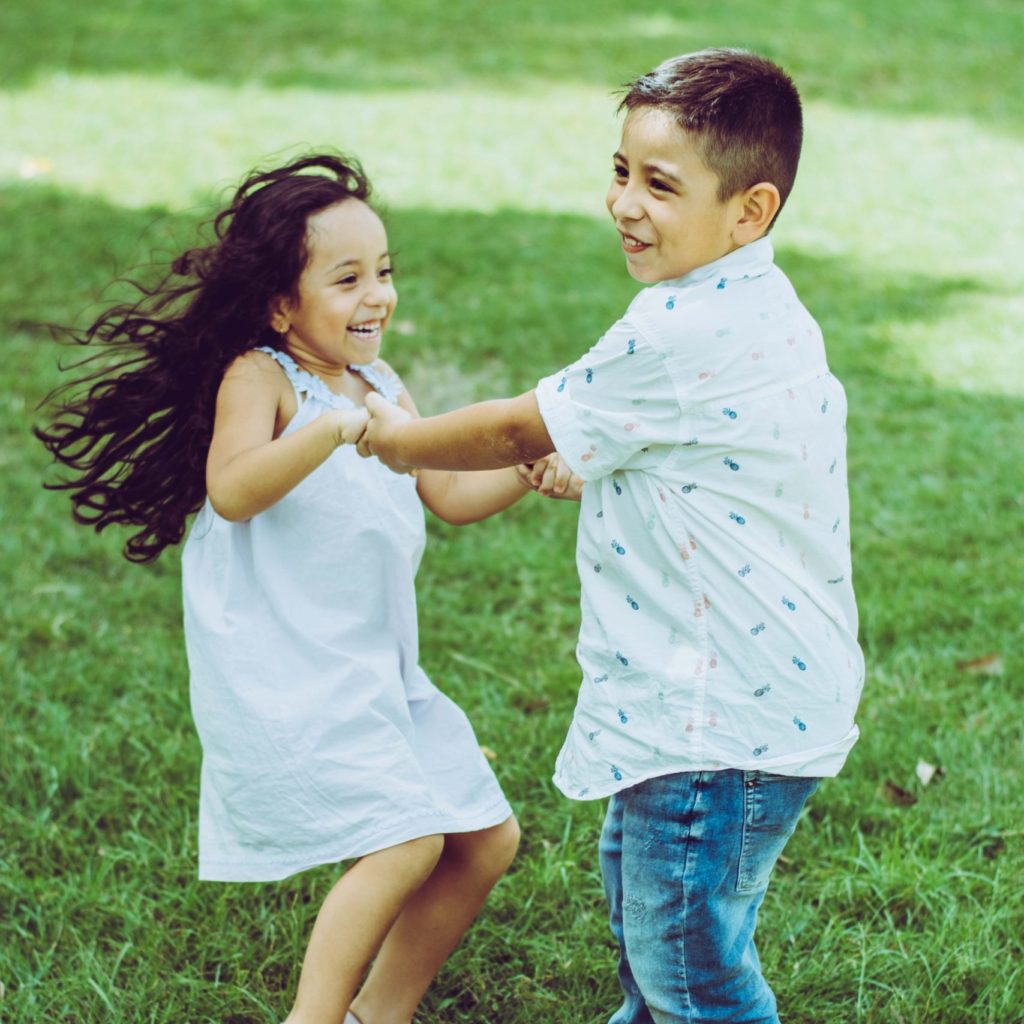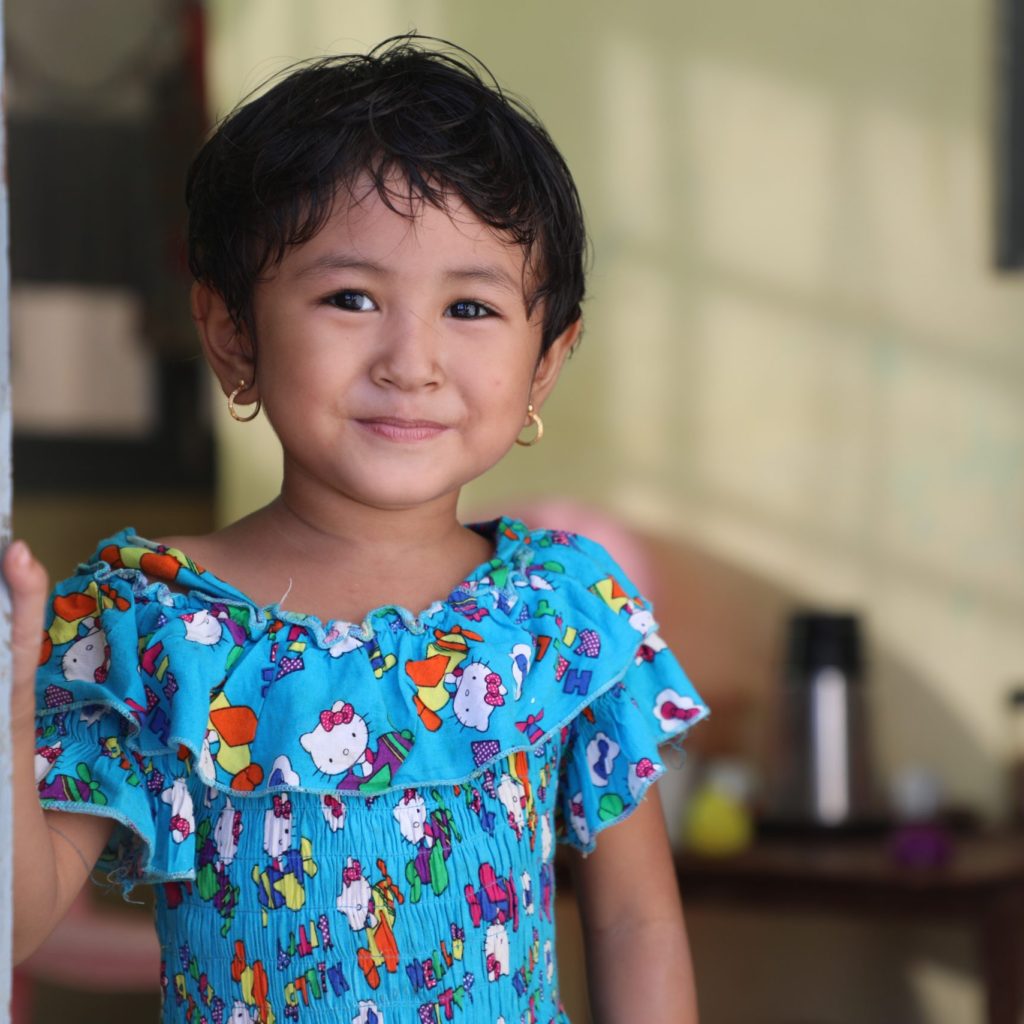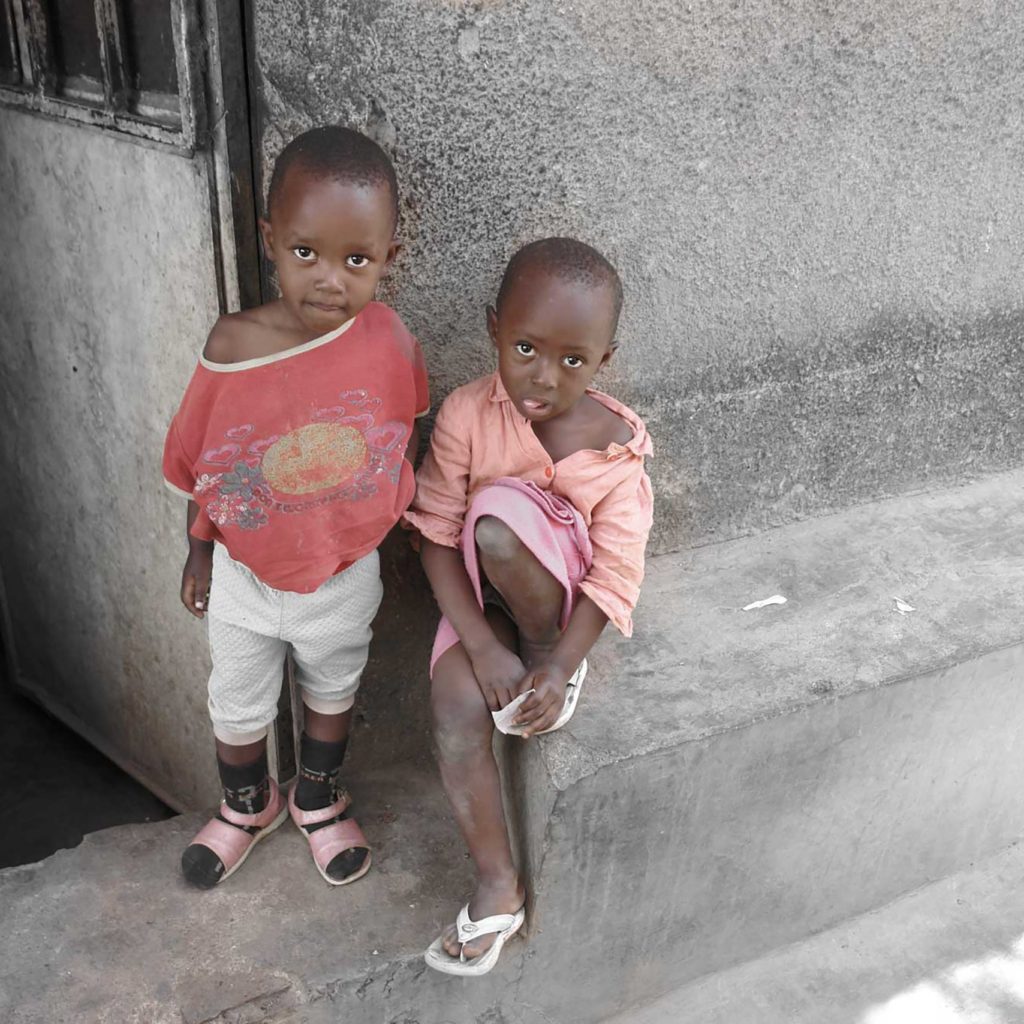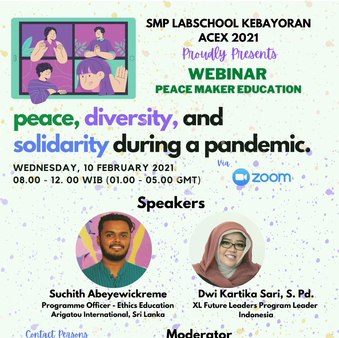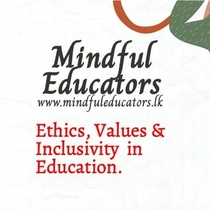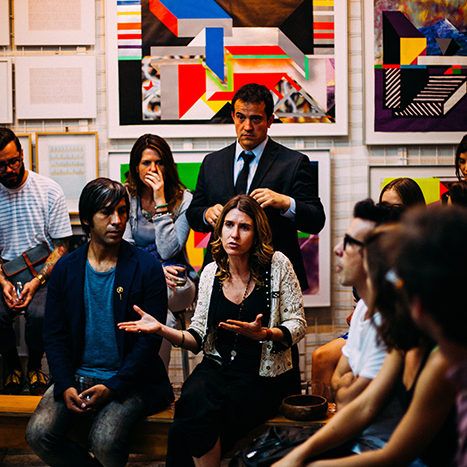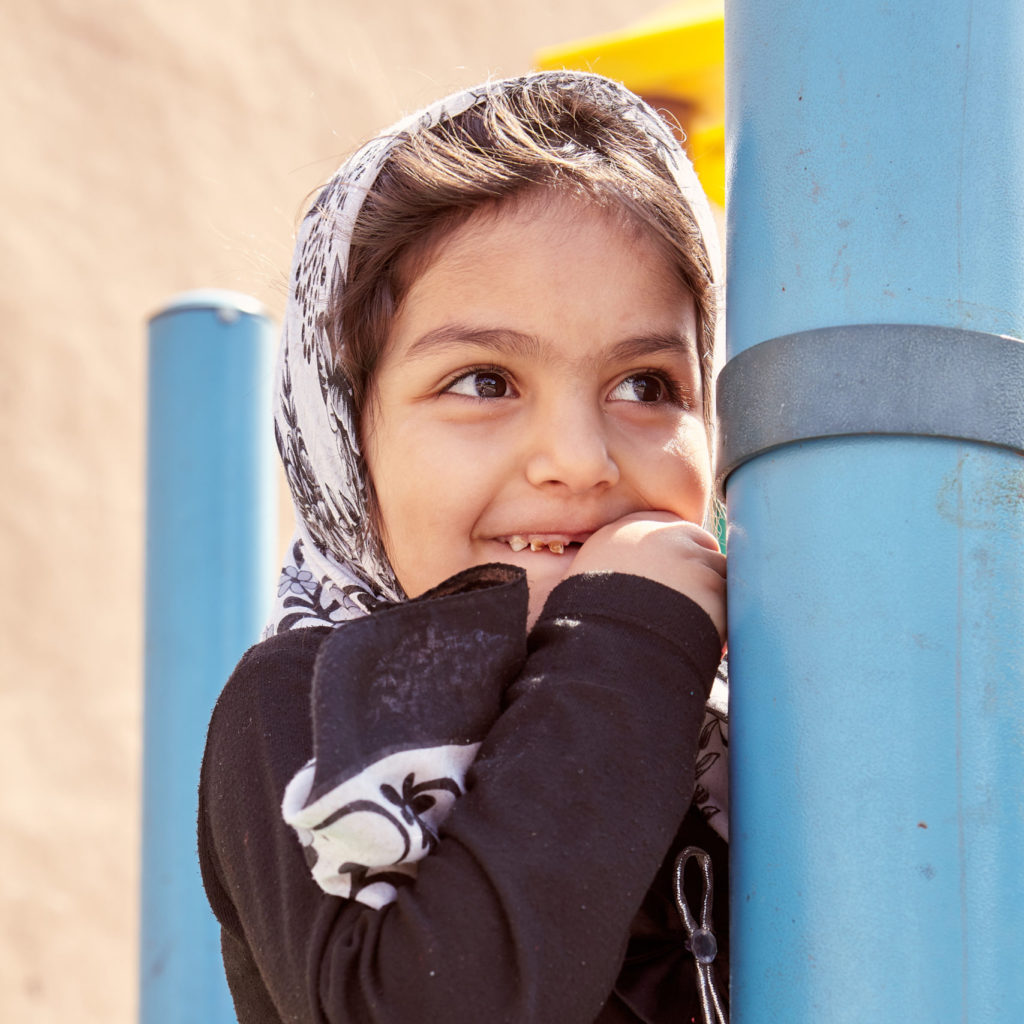Advocating for Ethics Education for Children and the Right to Quality Education
This year, Arigatou International – Geneva was invited to share its expertise or carry out workshops at 15 different international events.
In our interventions, we focused on the critical role of ethics education, particularly during the Covid-19 pandemic, and proposed educational approaches for ensuring children’s wellbeing. The discussions included a wide range of topics from the prevention of violence against children, to mindfulness, leadership, and social inclusion.
Through these interventions, we reached 6,741 stakeholders, including representatives of United Nations agencies and Permanent Missions in Geneva, as well as representatives of governments, ministries of education, and civil society and faith-based organizations, members of academia, educators, children and youth.
